Financial Education
What Is the Lowest Credit Score Possible? (And How to Improve It)
Get clued up on the basics of credit scores, understand how it affects your financial health, and find out the lowest number possible- plus tips on improving your score. Keep reading!
Advertisement
Escape the shackles of a low credit score and empower your financial future
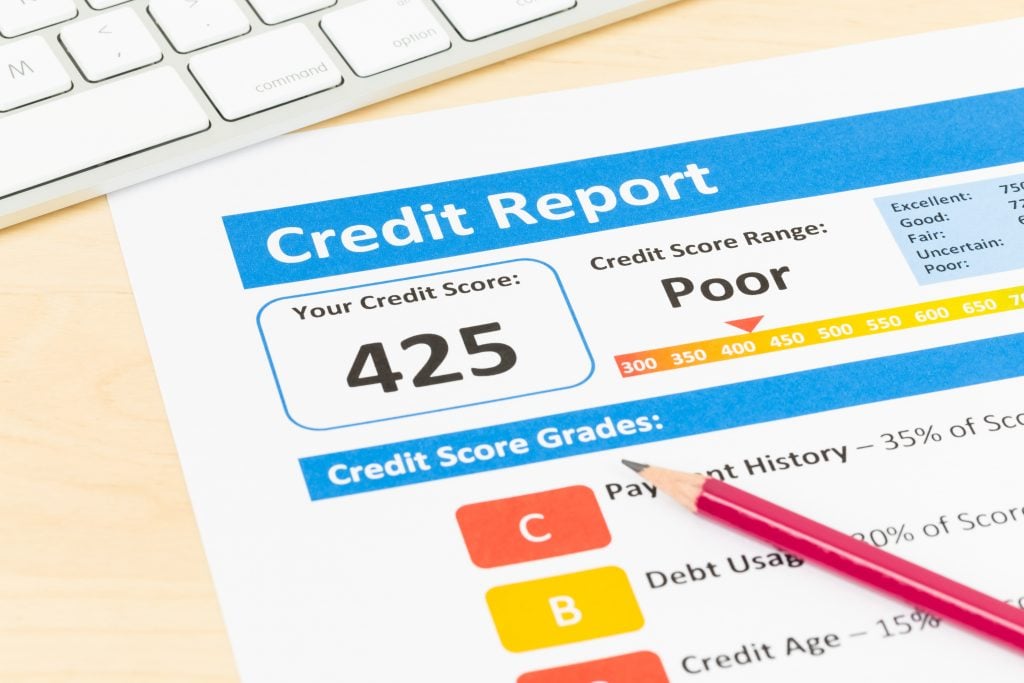
Having good credit is crucial for financial well-being. But what happens if it’s low? Here you’ll explore the lowest credit score possible and its impact on your finances.

Is $5000 enough to move out?
Moving can be expensive, but it doesn't have to break the bank. Discover effective ways to save money on your next move!
You’ll also find out the common causes of bad credit and effective strategies to improve it. Let’s dive in!
What is the lowest credit score you can have?
Credit scores are a critical factor in financial decision-making.
The FICO range, typically between 300 and 850, is a benchmark for lenders and financial institutions.
Here is an overview of the different ranges:
- Excellent Credit: 800-850;
- Very Good Credit: 740-799;
- Good Credit: 670-739;
- Fair Credit: 580-669;
- Poor Credit: 300-579.
So, according to this scale, the lowest score possible is 300.
However, almost anyone reaches this number. Most people with low credit profiles fall into the 580 range, which is considered bad credit.
You will be redirected to another website
You’ll receive messages for less than 1 week, with a maximum of 1 message per day. You can unsubscribe anytime by replying STOP. By submitting this form, I confirm that I am 18+ years old and agree to the Privacy Policy and Terms and Conditions. I also provide my signature, giving express consent to receive informational messages via automated emails, SMS, MMS text messages, and other forms of communication. Message frequency may vary as part of our good-faith effort to respond to your inquiry. Message and data rates may apply. Text STOP to cancel. I understand that my consent to receive communications is not a condition of purchase and that I may revoke my consent at any time.
How does a low credit score affect your finances?
A low score can have far-reaching consequences.
It can make securing loans, mortgages, or credit cards at favorable interest rates difficult or even result in outright rejections.
It may also lead to higher insurance premiums, difficulty renting an apartment, and limited access to certain services.
Additionally, it can make it challenging to establish new credit and rebuild your financial standing.
What are the most common causes of a low credit score?

Several factors can contribute to low credit. Here are some specific examples and details of how they can decrease your score.
- Late or Missed Payments: Paying bills late or not at all can negatively impact your credit;
- High Credit Card Balances: Keeping high balances relative to credit limits can also harm your score;
- Accounts in Collections: Involving unpaid accounts in collections is a red flag for lenders;
- Bankruptcy: Declaring bankruptcy has a severe and lasting impact that can take years to repair.
There are other factors that can contribute to a lower score.
So, to improve your creditworthiness and maintain a healthy credit score, it’s important to understand the common causes.
You can make informed decisions by learning from real-life examples of these causes. Check them out.
1. Short Credit History
If you have a limited credit history, such as being new to using credit or having only one or two accounts open, it can negatively affect your status.
For example, having a credit history of only six months will result in a lower number than an account of years.
2. High Utilization of Credit Limits
If you frequently reach the maximum limit on your cards or have high balances in relation to your credit limits, it also has a negative impact.
This is because credit bureaus consider the amount of debt you owe to your credit limit, also known as your credit utilization ratio.
A high credit utilization ratio can signal to lenders that you may be at risk of defaulting on your loans.
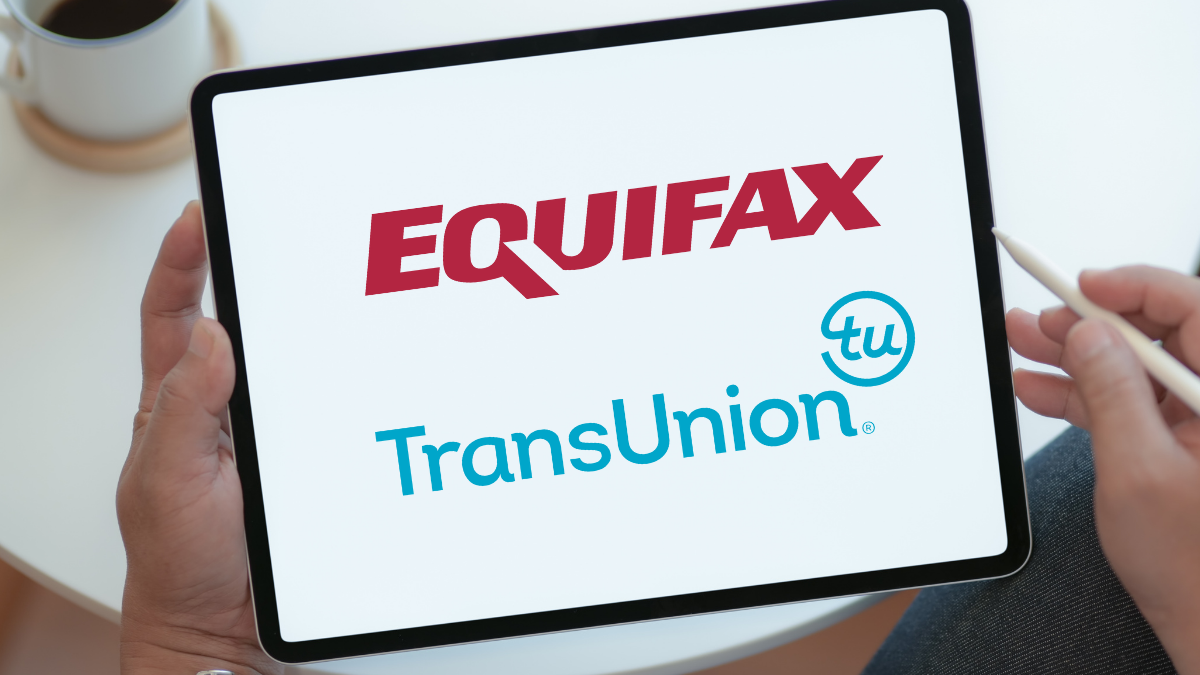
TransUnion vs. Equifax
Learn the key differences between TransUnion and Equifax, two of the three major credit bureau! Keep reading and find out more!
3. Multiple Recent Credit Inquiries
Lenders may view your credit report as a potential risk if there are too many recent inquiries.
Then, if you apply for multiple cards or loans quickly, your credit score may decrease.
Additionally, spacing out your applications over time can help minimize the impact on your credit.
Remember, a good score is crucial for securing favorable interest rates and loan terms in the future.
How can you improve your credit score?
While rebuilding your credit will take time and effort, it is possible to improve your credit score. Here are some key factors to consider:
1. Paying bills on time
Promptly paying your bills demonstrates financial responsibility.
For example, consistently paying your credit card bill before or by the due date can positively impact your credit score in the long term.
2. Reducing credit card balances
Lowering your credit card balances compared to your credit limit can improve your credit utilization ratio.
For instance, if you have a credit card with a $1,000 limit and a $500 balance, reducing the balance to $250 will positively impact your credit score.
3. Effective financial management

Creating and following a budget helps you manage your finances better.
By tracking your income and expenses, you can prioritize debt repayment, allocate funds towards reducing debt, and reach healthier financial status.
4. Avoiding new debt
Accumulating new debt while trying to improve your credit score can hinder your progress.
By avoiding unnecessary borrowing and paying off existing debt, you can gradually improve your status and keep up with your expenses.
5. Checking credit reports
Regularly reviewing your credit reports allows you to identify any errors or inaccuracies.
The major credit bureaus in the country (Experian, TransUnion, and Equifax) offer free reports so that you can keep an eye on your score.
If you find any discrepancies, make sure to dispute them with the credit bureaus promptly.
6. Utilizing credit-building tools
Credit-builder loans or secured credit cards can help establish or rebuild credit.
Then if you make regular payments and utilize credit responsibly, you can demonstrate positive credit behavior to lenders.
Remember, improving your credit score takes time, patience, and consistent positive financial habits.
Understanding the lowest credit score possible and its impact on your financial life is essential for taking control of your credit health.
By implementing sound financial practices and diligently working towards improving your credit score, you can open up better opportunities and achieve greater financial stability.
Bottom Line
If you’re interested in learning more about credit scores and related topics, check out our informative article on building a stronger credit history below.
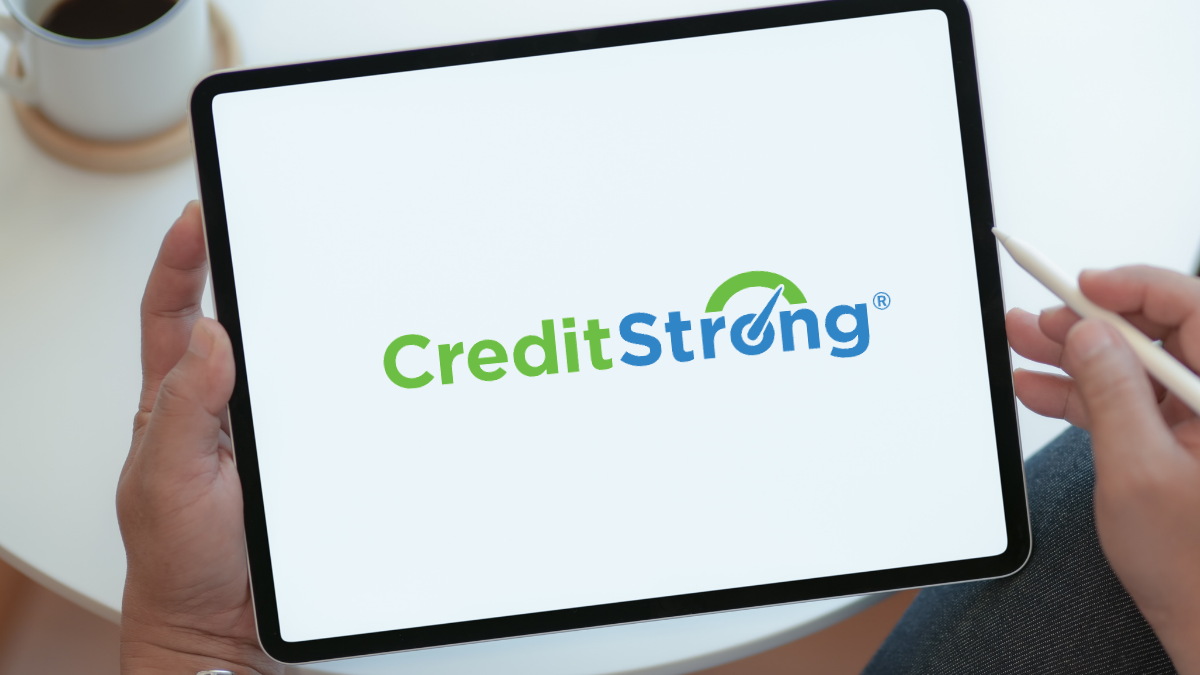
Credit Strong review: repair your credit fast
Learn how this credit repair service can help you restore your financial identity and learn to trust credit again. No hard pull! Read on!
Trending Topics

Get the Perfect Loan: Fast, Easy, and Affordable
Need extra funds? Learn how to find the best loan with low rates, flexible terms, and quick approval. Make smarter financial moves today!
Keep Reading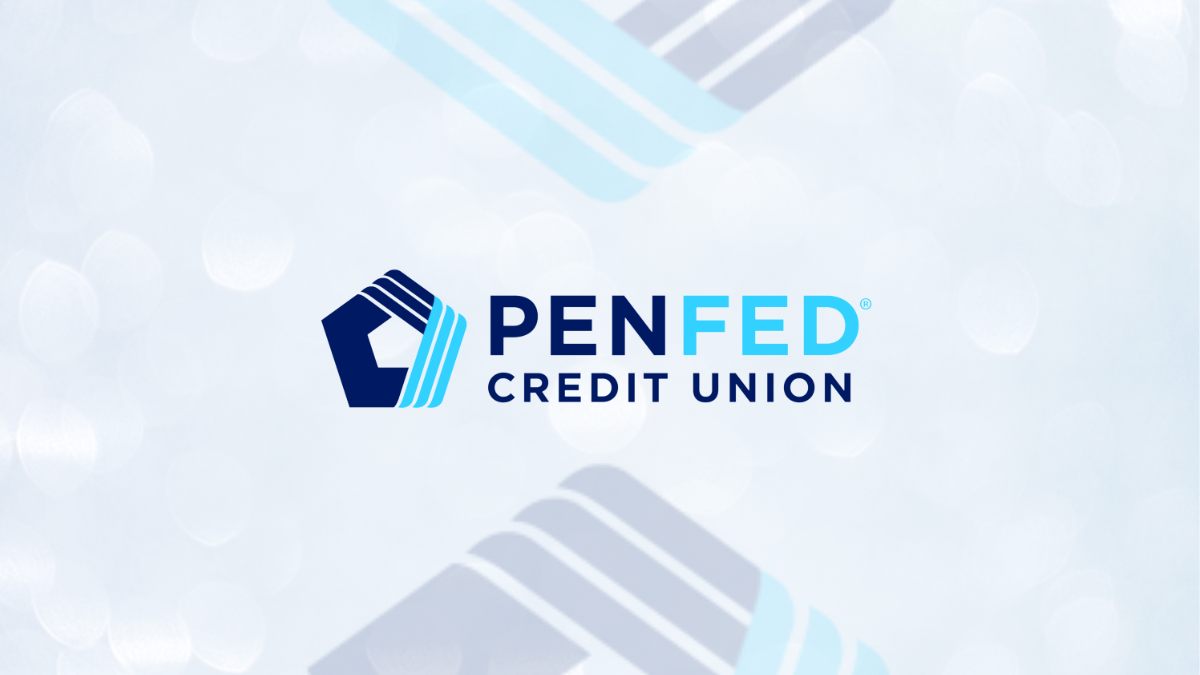
PenFed Gold Visa® Card full review
Read our PenFed Gold Visa® Card full review and learn how this card works. Pay a $0 annual fee and enjoy Visa benefits! Stick with us!
Keep Reading
Credit Versio Review: repair your credit with confidence
Struggling with bad credit? Check out our Credit Versio review. A unique credit repair company that puts you in the driver's seat.
Keep ReadingYou may also like

LendingClub Personal Loan review: is it worth it?
Read our LendingClub personal loan review and find out if it's right for you. No hidden fees, and fast funding. Read on for more.
Keep Reading
Petal 1 Visa credit card: complete review
The Petal 1 Visa card accepts applicants with limited or poor credit scores, charges not annual fees and reports to the major credit bureaus.
Keep Reading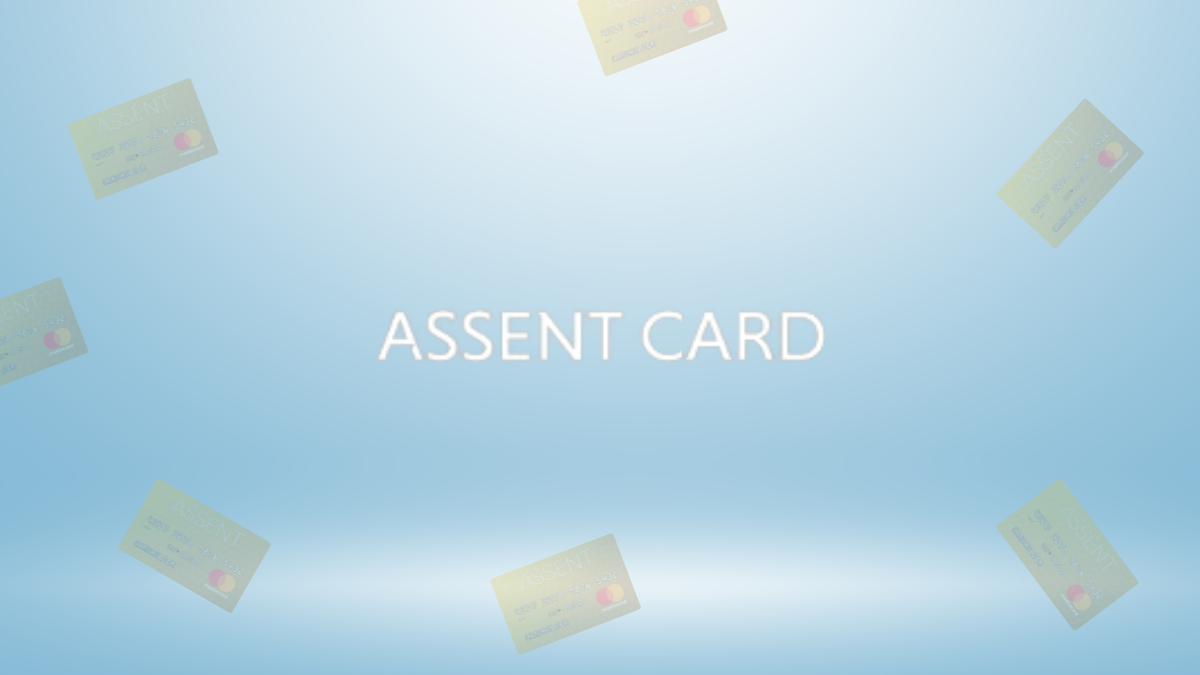
Pay $0 annual fee: Assent Platinum Secured Credit Card review
You just found the card that works for you! Read our Assent Platinum Secured Credit Card review and learn how! Build credit quickly!
Keep Reading